PhD Program Faculty
Moffitt faculty are a diverse group of scientists and physicians, all dedicated to cancer research. This includes bench scientists, population scientists, clinical scientists and physicians. A strong collaborative culture integrates the expertise of faculty to work together, defining the molecular mechanisms for the most innovative and personalized approaches to cancer treatment and prevention.
The Cancer PhD Program has members spanning all Moffitt Cancer Center programs and four majors. The faculty participates in multiple majors. Student thesis committees include a broad spectrum of expertise to facilitate a strong interdisciplinary foundation in cancer biology for students in every major.
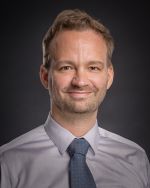
Daniel Abate-Daga, PhD
Dr. Abate-Daga's research is focused on the development of T cell-based immunotherapies for the treatment of cancer, and the translation of those preclinical findings into clinical application.

Mark G. Alexandrow, PhD
The Alexandrow Lab studies the mechanisms involved in the assembly and activation of the replicative CMG helicase, how deregulation of this process promotes tumorigenesis, and how the CMG helicase offers innovative targeting for chemotherapeutic drug development.
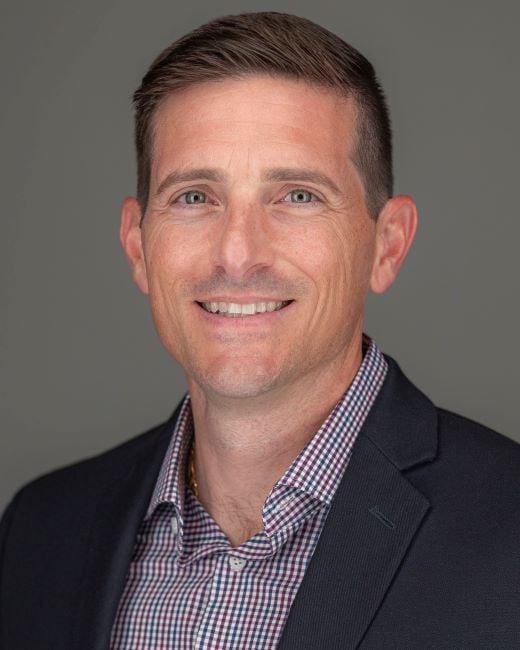 Antonio Amelio, PhD
Antonio Amelio, PhD
We use an interdisciplinary approach that integrates a combination of bioinformatics, genetically engineered cell line and animal models, pharmacologic and molecular genetic analyses, and synthetic biology approaches to investigate tumor development and progression and identify therapeutic vulnerabilities.
 Alexander RA Anderson, PhD
Alexander RA Anderson, PhD
The Anderson Lab is focused on integrating mathematical and computational modeling approaches with experimental and clinical data to better understand cancer growth and development and translate this understanding into novel therapies.
Noemi Andor, PhD
 We develop and integrate algorithms to quantify the clonal composition of a tumor from different perspectives, including its genome, transcriptome or morphology. The goal is to use these clone characteristics to inform how a tumor’s environment can be altered to favor certain tumor subclones over others. A first instance of this translates into testing the potential of a clone’s genomic instability as a biomarker of its sensitivity to DNA-damaging drugs.
We develop and integrate algorithms to quantify the clonal composition of a tumor from different perspectives, including its genome, transcriptome or morphology. The goal is to use these clone characteristics to inform how a tumor’s environment can be altered to favor certain tumor subclones over others. A first instance of this translates into testing the potential of a clone’s genomic instability as a biomarker of its sensitivity to DNA-damaging drugs.
Dorina Avram, PhD
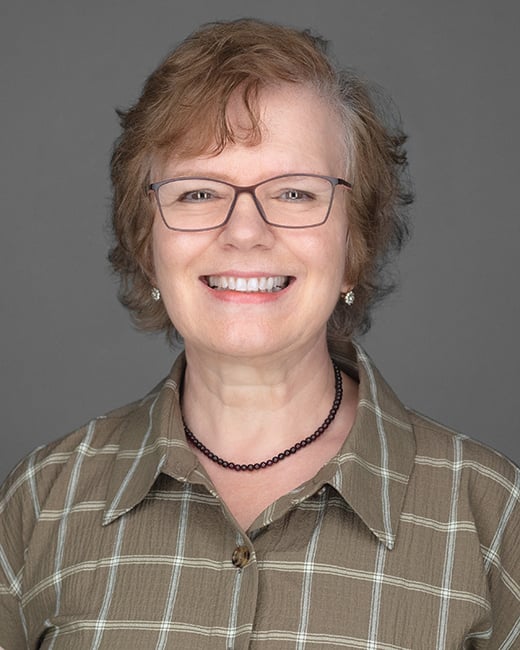
Avram lab investigates transcriptional and epigenetic regulators that dictate the programs of tumor-infiltrating T lymphocytes (TILs). Through complex manipulations of these decision factors, the goal is to reach a state in which the stemness, residency and effector programs of TILs are maintained, but exhaustion is blocked. Such a state will make the TILs resistant to the immunosuppressive tumor microenvironment. We use patient-derived samples, genetically engineered mouse models, along with state-of-the-art molecular methodologies, including transcriptomics (bulk and scRNAseq), epigenomics, CRISPR-genome editing, multiplex immunofluorescence and spatial transcriptomics. We hope that our studies will lead to technologies that improve adoptive cell therapies with TILs, as well as CAR-T cell behavior in solid tumors. Additional research interests in Avram Lab include ubiquitination in inflammation and cancer, with the goal of harnessing the immune responses for cancer therapies
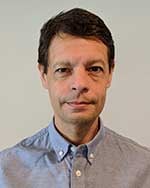 David Basanta Gutierrez, PhD - Integrated Mathematical Oncology Major Director
David Basanta Gutierrez, PhD - Integrated Mathematical Oncology Major Director
To understand the evolutionary dynamics of cancer using integrative approaches, so that one day we will be able to exert some control on cancer progression. My work will focus on mathematical and computational models of cancer evolution.
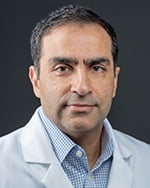 Amer A. Beg, PhD
Amer A. Beg, PhD
The Beg laboratory is interested in developing new strategies aimed at modulating the tumor microenvironment to increase tumor immunogenicity and response to therapeutics. Through both laboratory and clinical trial studies, ongoing projects aim to modulate activity of epigenetic and cytokine pathways to enhance immunological control of lung cancer. The Beg laboratory is also developing novel oncolytic virus strategies to generate potent anti-tumor T cell responses that can turn immune “cold” to “hot” tumors capable of responding to checkpoint inhibitors and other immunotherapeutics.
 Jennifer Binning, PhD - Academic Director, Cancer Biology Major Director
Jennifer Binning, PhD - Academic Director, Cancer Biology Major Director
The Binning lab uses biochemistry and structural biology to study how oncoviruses such as Human Papillomavirus (HPV) hijack host ubiquitin machinery to support viral replication and drive tumorigenesis. By exploring the link between human disease states and dysregulation of ubiquitin pathways, we aim to identify new pathogenic mechanisms that will guide the development of diagnostics and therapeutics.
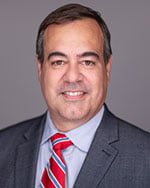 Marcelo G. Bonini, PhD
Marcelo G. Bonini, PhD
The Bonini laboratory is interested in the mechanisms connecting the decline of the energetic metabolism that occurs during aging with aging-related diseases, such as cancer, and with increased susceptibility to inflammatory conditions. We focus on how a switch in the functioning of mitochondria to promote reactive oxygen species production changes chromatin structure and gene expression patterns that affect how cells work, behave and interact with each other. Our goal is to target these redox epigenetic processes to rejuvenate effector immune cells (i.e., macrophages and neutrophils) and suppress pro-carcinogenic signaling to promote more effective cancer clinical care.
 Renee Brady-Nicholls, PhD
Renee Brady-Nicholls, PhD
My research is primarily focused on improving patient care using accessible, minimally-invasive biomarkers through the integration of mathematical modeling, with a special interest in improving outcomes for underrepresented minorities. To accomplish this, we develop predictive mathematical models of these biomarker dynamics to propose patient-tailored treatment strategies that maximize patient response and quality of life.
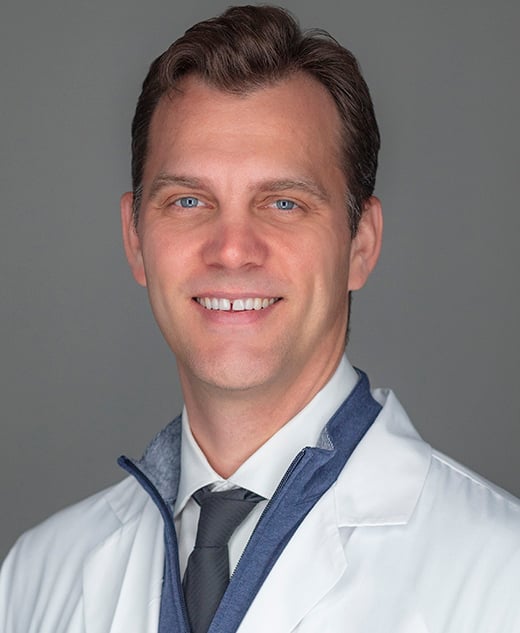 Andrew S. Brohl, MD
Andrew S. Brohl, MD
Dr. Brohl is a physician scientist with a research interest in rare cancer biology and treatment. I am a firm believer in pursuing research leads initially discovered in rare cancer as there is a long historical track record of rare disease research leading to important insights that are applicable more broadly. My educational and research background is largely in data science, particularly in the analysis and interpretation of "omics" data. I have led seminal genomics efforts in a number of rare cancers including Ewing sarcoma, MPNST, EWSR1-PATZ1 fusion sarcoma, Merkel cell carcinoma, and undifferentiated embryonal sarcoma of the liver (UESL).
 Joel Brown, PhD
Joel Brown, PhD
We apply theoretical evolutionary biology models, together with computational, bioinformatics and statistical approaches to cancer cell biology. I use a combination of mathematical and experimental approaches to understand how organisms interact with and shape their environments.
 Jiandong Chen, PhD
Jiandong Chen, PhD
The Chen Lab investigates the function, regulation, and therapeutic targeting of the p53 tumor suppressor pathway.
 John L. Cleveland, PhD
John L. Cleveland, PhD
Major research interest in the molecular pathogenesis of cancer, interrogating the regulation and role of oncogenes and tumor suppressors in controlling cancer cell growth and survival, and in defining new targets that play essential roles in the development and maintenance of cancer.
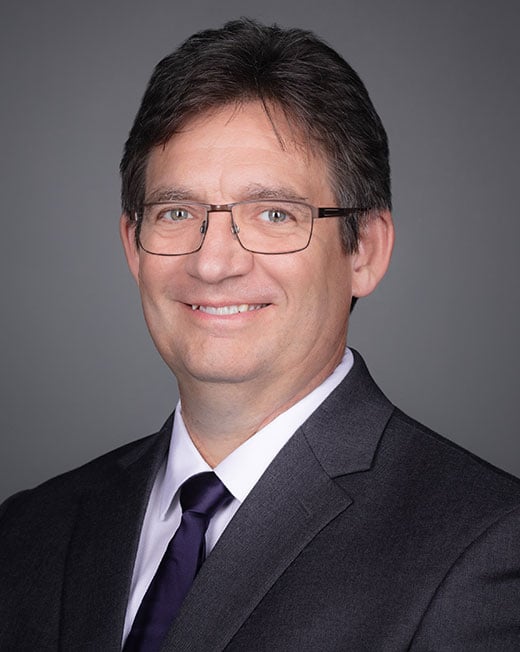 W. Douglas Cress, PhD
W. Douglas Cress, PhD
The Cress Lab is interested in the molecular biology of lung adenocarcinoma.
 Brian Czerniecki, MD, PhD
Brian Czerniecki, MD, PhD
Dr. Brian Czerniecki's research interests focus on dendritic cell biology and interactions with T cells. He has developed dendritic cell vaccines for the treatment of cancer. He is involved with several clinical trials for treating patients with early breast cancer with dendritic cell vaccines. Dr. Czerniecki’s research goal is the development of vaccines for the prevention of breast and other solid-tumor cancers. Toward that end, he is working on identifying molecular targets in early breast cancer that can be used to prevent invasion and metastasis. Dr. Czerniecki has more than 100 publications and is recognized nationally for his contribution to the development of sentinel lymph node mapping, a procedure for determining the spread of cancer into lymph nodes that is less invasive than diagnostic surgery.
 Gina M. DeNicola, PhD
Gina M. DeNicola, PhD
Dr. DeNicola's research is focused on understanding how cells meet energetic and anabolic needs for growth and proliferation, and the mechanisms governing the regulation of tumor metabolism in vivo. The DeNicola laboratory investigates the influence of both genomic alterations and the microenvironment on cellular metabolism in vivo.
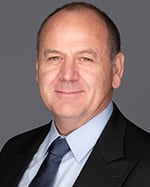 Derek Duckett, PhD
Derek Duckett, PhD
Research in the Duckett lab is focused on identifying novel anti-cancer targets, developing small molecule probes against these targets and interrogating how their altered signaling drives tumor progression, metastasis and therapy resistance.
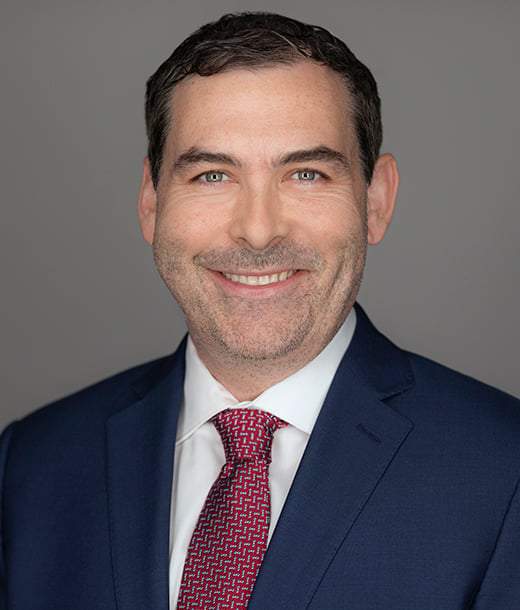 Michael Dunne, PhD
Michael Dunne, PhD
The central research theme of Dr. Dunne's lab is cell-based drug delivery. The Dunne Lab harnesses chemistry, materials science, bioengineering, pharmaceutical sciences, and immunology approaches in order to improve the delivery efficiency of therapeutic molecules to tumors, while sparing normal tissue.
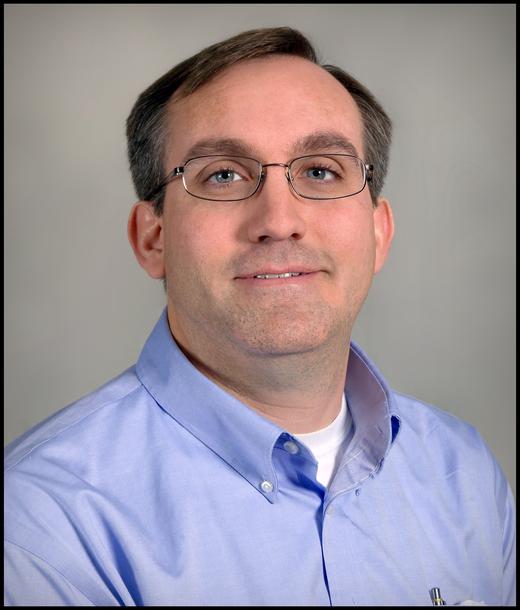 Steven Eschrich, PhD
Steven Eschrich, PhD
The Eschrich Lab uses Bioinformatics and Machine Learning methods to answer translational research questions within cancer research, with a focus on Lung Cancer and Radiation Oncology. Methodological work includes reproducible research pipelines, normalization techniques and machine learning models from molecular data.
 Elsa R. Flores, PhD
Elsa R. Flores, PhD
The Flores Lab utilizes mouse models to identify therapeutic vulnerabilities of the p53 pathway in cancer.
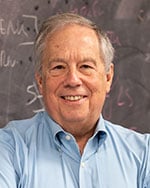 Robert Gatenby, MD
Robert Gatenby, MD
The Gatenby lab studies theoretical and experimental models of evolutionary dynamics in cancer and cancer drug resistance and how tumor populations interact with the local environment.
 Anna R. Giuliano, PhD
Anna R. Giuliano, PhD
Her work focuses on the relationship between human papillomavirus (HPV) infections and cervical cancer in women, which has evolved over the past several decades to encompass HPV and penile, anal, and oral cancers in men. Research includes the rate at which HPV infections are acquired and cleared, the proportion that progress to disease, and also to HPV vaccine protection against multiple diseases in women and men.
 Ana Gomes, PhD
Ana Gomes, PhD
The Gomes Laboratory studies how age-driven metabolic and epigenetic changes drive tumor progression and metastasis formation. Active areas of research currently include defining the mechanisms by which aging (1) promotes aggressive properties of cancer cells and reprograms the cellular components of the tumor microenvironment, (2) promotes resistance to chemotherapeutic drugs and targeted therapies, and (3) deregulates the immune system to promote immune evasion and resistance to immunotherapies. Ultimately the goal of the Gomes Lab is the discovery of novel and physiologically relevant pathways that can be leveraged for the development of more efficacious therapeutic strategies for aggressive cancers.
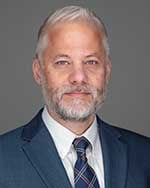 Jose Alejandro Guevara, MD, PhD - Cancer Immunology and Immunotherapy Major Director
Jose Alejandro Guevara, MD, PhD - Cancer Immunology and Immunotherapy Major Director
Dr. Guevara's laboratory primarily aims to investigate and manipulate tumor-reactive T cells, with the long-term goal of developing immunologically based therapeutic approaches against cancer. Our research focus areas include: 1) Examining the role of rpS6 in the development of anti-tumor tissue resident memory T cells (Trm). 2) Assessing the impact of hypoxia on anti-tumor T cells to understand its effects on functionality and longevity. 3) Innovating in Chimeric Antigen Receptors (CARs) by modifying CAR architecture and reducing CAR-T cell exhaustion through NK receptor-based signaling. 4) Identifying and validating immunological biomarkers for predicting or monitoring the response to immunotherapy. 5) Focusing on direct clinical interventions specifically designed to restore the anti-tumor effects of immune checkpoint inhibitors.
 Eric B. Haura, MD
Eric B. Haura, MD
Our lab uses proteomic tools to characterize kinase pathways and networks in cancer cells to discover novel therapeutic strategies using kinase inhibitors.
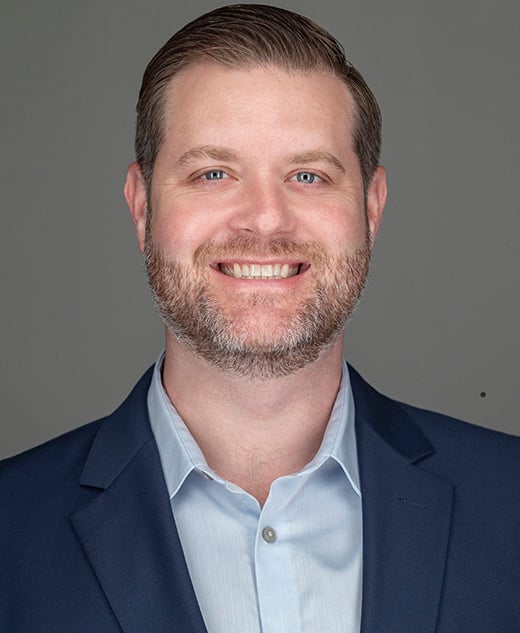 Alex M. Jaeger, PhD
Alex M. Jaeger, PhD
The Jaeger Laboratory investigates mechanisms that regulate tumor antigen presentation. Major research interests include: (1) identification of cancer-specific peptides presented by MHC-I and MHC-II, (2) characterization of cellular pathways that influence antigen presentation, and (3) development of high throughput screening tools to evaluate peptide immunogenicity. Using both biochemical techniques and sophisticated mouse models, our group aims to uncover the full spectrum of antigens that can be used to design and develop novel immunotherapies for cancer.
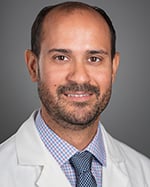 Michael Jain, MD, PhD
Michael Jain, MD, PhD
Dr. Michael Jain’s clinical interests focus on treatment modalities for relapsed lymphoma, particularly stem cell transplantation and cellular and immunotherapies. His research interests include translational research in lymphoma and early-phase clinical trials.
 Haitao (Mark) Ji, PhD - Cancer Chemical Biology Major Director
Haitao (Mark) Ji, PhD - Cancer Chemical Biology Major Director
The Ji lab research focuses on the design and synthesis of small molecules that can modulate cancer-related cellular signaling pathways with an emphasis on protein-protein interactions and target specificity.
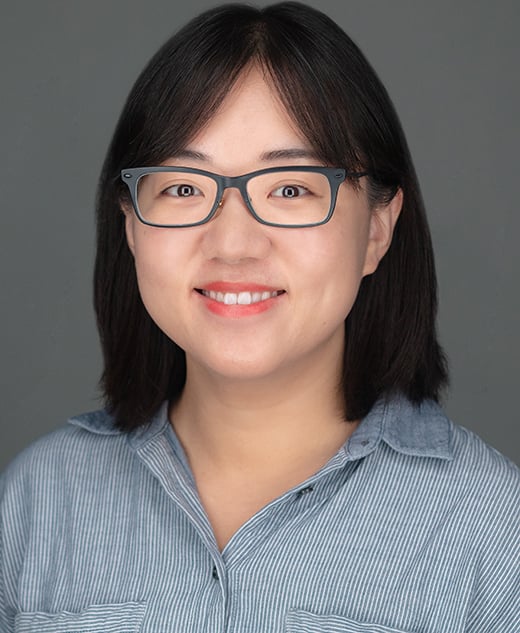 Chang Jiang, PhD
Chang Jiang, PhD
Research in in the Jiang lab sits at the interface of redox biology, metabolism and signaling, and focuses on understanding the role of antioxidant systems in oxidative stress response and cancer therapy resistance. We combine frontier molecular, genomic, metabolomic, and proteomic approaches to address these questions.
Aleksandra Karolak, PhD 
We use various computational approaches led by machine learning to enhance our understanding of cancer development, phenotypic progression, and variability in the response to treatment. Particularly, we are interested in how epigenetics, DNA structure, mutagenesis, protein modifications and interactomes can inform and support diagnosis, clinical decisions, as well as drug discovery and treatment optimization.
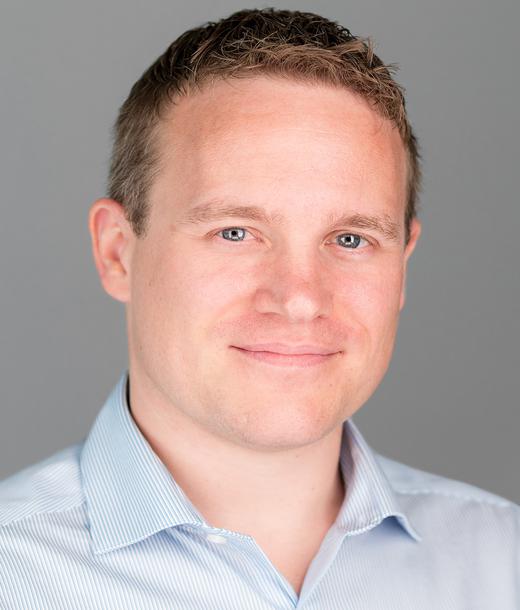 Florian A. Karreth, PhD
Florian A. Karreth, PhD
The Karreth Lab creates mouse models to elucidate the functions of cancer-associated proteins and non-coding RNAs in melanoma and ovarian cancer.
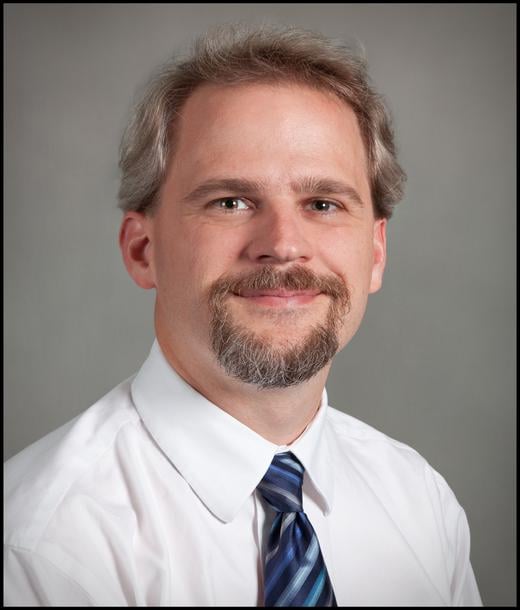
John M. Koomen, PhD
The Koomen Lab uses mass spectrometry-based techniques to better understand cancer biology, evaluate hypotheses derived from basic science experiments in human tumors, and contribute to the development of novel strategies for patient assessment and treatment.
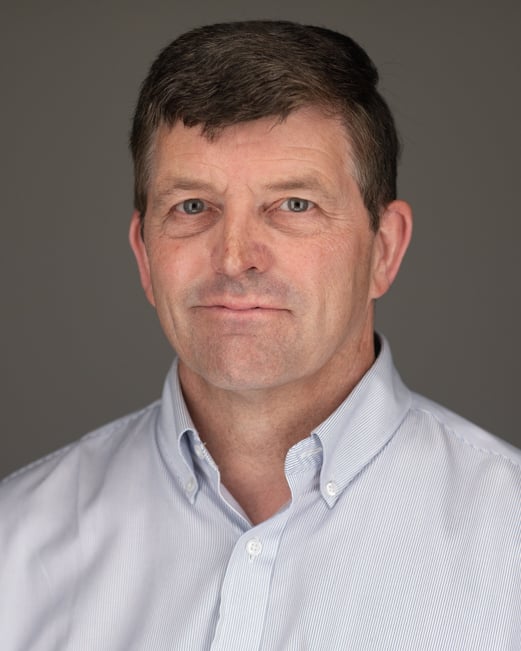 Nicholas James Lawrence, PhD
Nicholas James Lawrence, PhD
Dr. Lawrence's group efforts are focused on the synthesis of new anticancer agents. The goal of the laboratory is to design and develop synthetic methodology to provide small organic molecules to act as selective anticancer agents against a range of molecular targets.
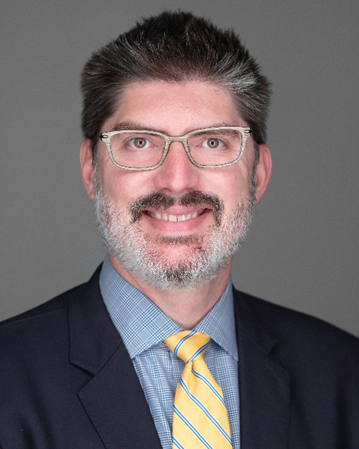 Frederick Locke, MD
Frederick Locke, MD
Dr. Locke leads the Immune Cell Therapy (ICE-T) Program and is co-leader of the Immuno-Oncology Program. His research is focused on the development of strategies to promote T cell responses against tumor-associated antigens for patients with lymphoma and multiple myeloma. He has served as a principal investigator running cellular immunotherapy clinical trials. His translational laboratory works to determine the mechanisms of resistance to CAR-T cell therapy in lymphoma and myeloma and leverage those findings to develop new treatment strategies, including the design and testing of new CAR-T vectors.
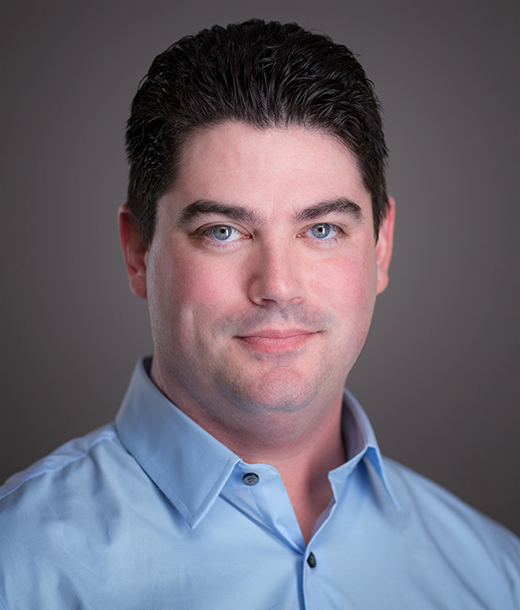 Justin M. Lopchuk, PhD
Justin M. Lopchuk, PhD
Our research program is grounded in synthetic organic chemistry with a specific focus on the development of new reactions, the design of new reagents, and the total synthesis of natural products with anti-cancer activity.
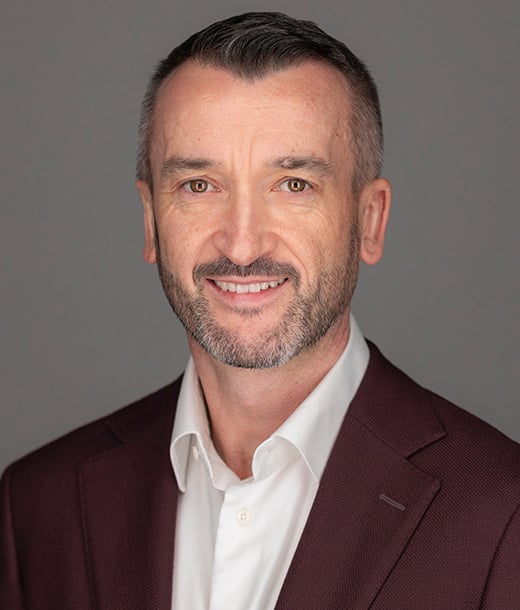 Conor Lynch, PhD
Conor Lynch, PhD
The goal of our laboratory is to understand how metastatic prostate cancer cells interact with the bone microenvironment to establish and grow as secondary cancers using in vivo and in vitro techniques. The lab has made major inroads into defining how matrix metalloproteinases (MMPs) contribute the prostate cancer progression in bone.
 Vince Luca, PhD
Vince Luca, PhD
The Luca Lab studies how immune receptors can be reprogrammed to enhance antitumor responses. Tumors evade the immune system by hijacking inhibitory “off-switch” receptors in immune cells. To counteract this process, the Luca Lab is engineering synthetic ligands that can reinvigorate T cell function. These customizable signaling proteins are currently being used to increase proliferation, guide differentiation, or promote tumor-killing function in various cancer models.
 Karen M. Mann, PhD
Karen M. Mann, PhD
The Karen Mann Lab aims to define and characterize cooperating molecular events driving cancer progression, metastasis and drug resistance, with a focus on pancreatic cancer and myeloid leukemia.
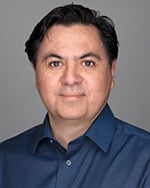 Jorge Mansilla-Soto, PhD
Jorge Mansilla-Soto, PhD
The goal of our laboratory is to understand and leverage the molecular pathways that govern human T cell function in cancer. We are interested in using synthetic biology to develop novel antigen receptors (CAR, HIT, TCR), to improve precise genome engineering, and to design novel cellular responses to enhance the therapeutic potential of engineered T cells for hematological malignancies and solid tumors. The lab’s current research programs aim to elucidate how synthetic antigen receptor signaling drives effective T cell memory formation, to evaluate optimal combinatorial strategies to successfully eradicate heterogeneous tumors and to study engineered T cells in immunosuppressive environments. Both the precise engineering and comprehensive biological studies hold great potential for the next generation of curative adoptive T cell therapies for cancer.
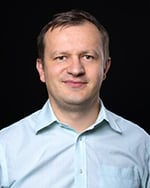 Andriy Marusyk, PhD
Andriy Marusyk, PhD
Our mission is to understand the development of therapy resistance from eco-evolutionary angle, considering both changes occurring in tumor cells, as well as influences of tumor microenvironment. Then, we aim use this knowledge to design new therapeutic approaches, aimed at forestalling the ability of tumors to evolve resistance.
 Stuart Maudsley, PhD
Stuart Maudsley, PhD
The Maudsley Lab focuses on the investigation of how receptor systems, including G protein-coupled receptors (GPCRs), receptor tyrosine kinases (RTKs) and other receptor systems, can be therapeutically manipulated to regulate cell pathophysiology. We deploy high-dimensionality analysis (including AI/Deep Learning/Natural Language Processing) of mass data (proteomics, RNA-Seq) coupled to molecular biological research to define the most important and tractable aspects of cell pathology that underpin oncogenesis and further tumor development.
 Christopher Medina, PhD
Christopher Medina, PhD
Dr. Medina is interested in uncovering how metabolic molecules within T cells function as key signaling mediators beyond their traditional roles as biosynthetic precursors or sources of cellular energy. By integrating metabolomics, mouse tumor models, human samples, and CRISPR-based genetic screens, his goal is to elucidate novel mechanisms that shape anti-tumor immunity and reveal new dimensions of T-cell biology that can be leveraged for novel cancer treatments.
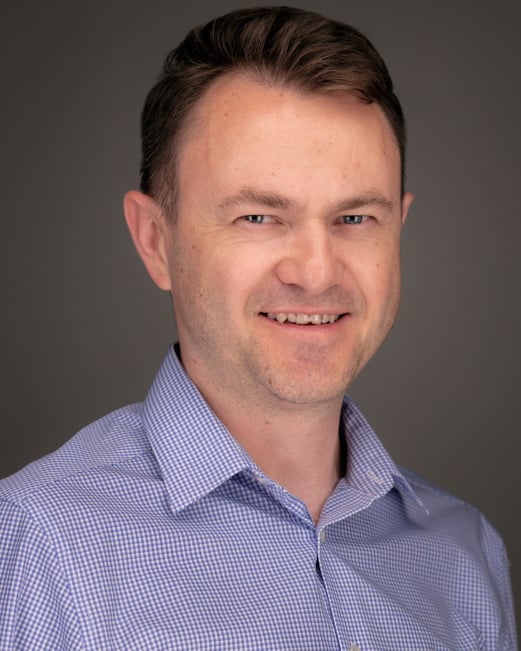 Andrii Monastyrskyi, PhD
Andrii Monastyrskyi, PhD
The Monastyrskyi laboratory uses the tools of synthetic organic chemistry, medicinal chemistry, and chemical biology to develop small molecules for studying and modulating therapeutically relevant cancer targets.
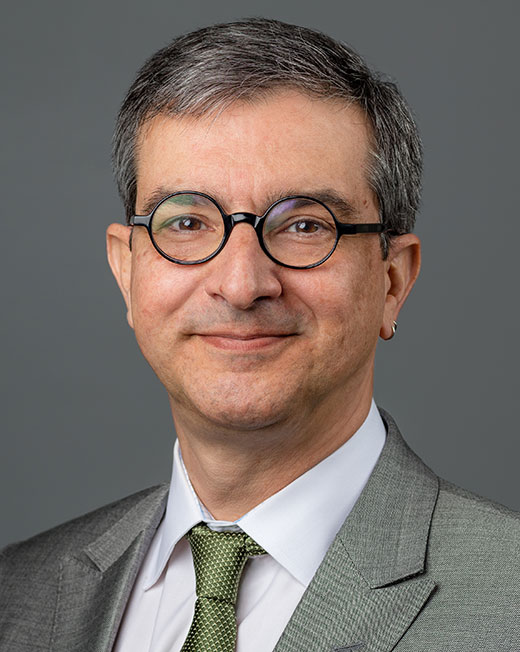
Alvaro Monteiro, PhD
The main theme of the Monteiro lab is the integration of epidemiological, genomic, and proteomics datasets to explore the role of genetic variation on cancer predisposition, development, and treatment.
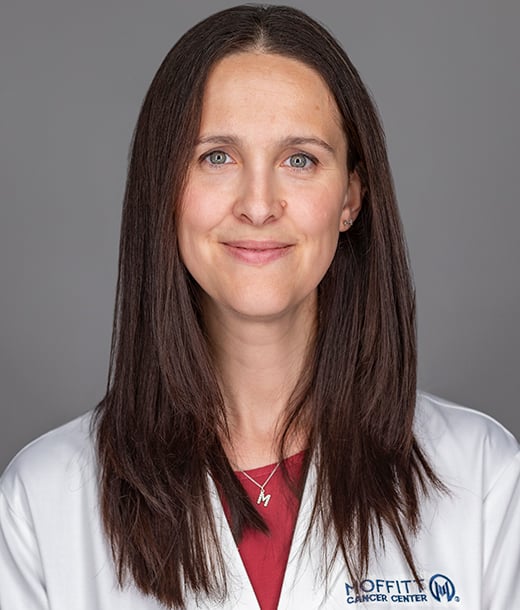 Martina Molgora, PhD
Martina Molgora, PhD
My main interest is the orchestration of the innate immune response in tumors, with a focus on myeloid cells as key players in immune evasion. I aim to investigate the role of innate immune cells in both resistance and response to therapy, elucidating their intricate interactions within the tumor microenvironment. My ultimate goal is to identify novel therapeutic targets and strategies to enhance treatment efficacy.
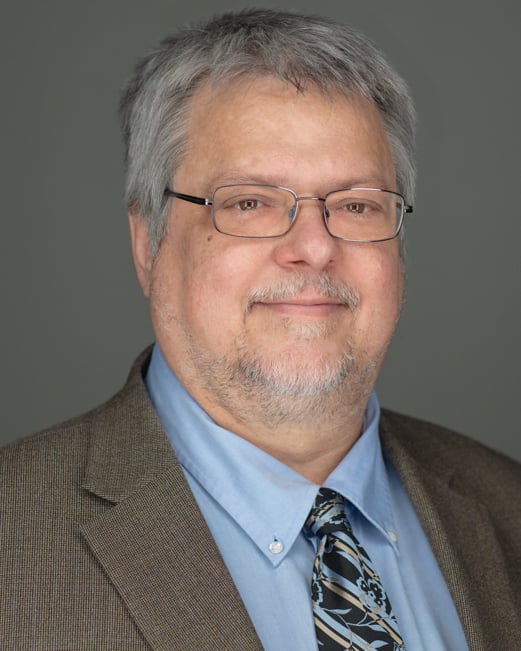 David Morse, PhD
David Morse, PhD
Our research projects are focused on the identification and validation of cell-surface markers for cancer, discovery of ligands or antibodies specific for binding validated markers, and the development of cancer targeted conjugates for imaging and therapy. Recent work has focused on the development of fluorescence molecular imaging agents for intraoperative guidance during fluorescence-guided surgery and the development of targeted alpha-particle emitting radiopharmaceuticals for therapy. The ultimate goal is to translate novel cancer-targeted conjugates into the clinic for use in cancer diagnosis and staging, intraoperative margin detection and the targeted delivery of therapy.
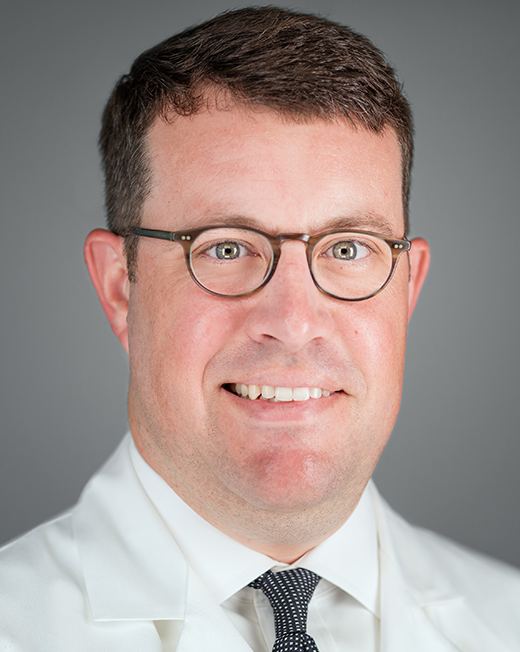 John E. Mullinax, MD, FACS
John E. Mullinax, MD, FACS
Dr. Mullinax is a physician-scientist in the Sarcoma Department and Immunology program. He conducts clinical trials of adoptive cell therapy in patients with advanced sarcoma and his laboratory effort is focused on the T-cell infiltrate in soft tissue sarcoma with the goal of enhancing cellular immunotherapy strategies for patients with advanced sarcoma.
Duy Nguyen, PhD
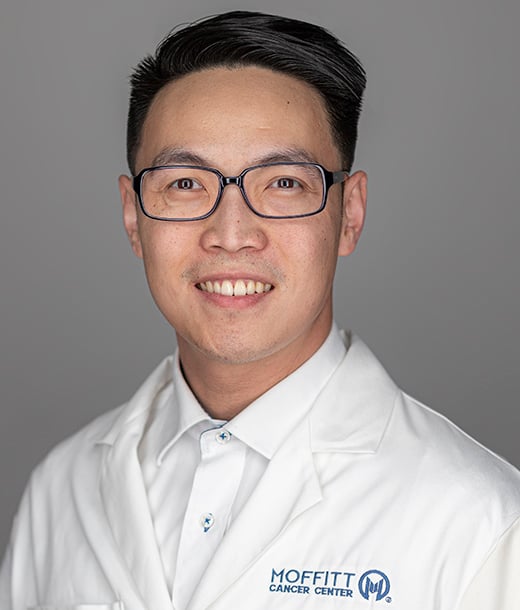
My laboratory is dedicated to investigating the biophysical properties of solid tumor microenvironments. We seek to understand the dynamic interactions among cancer cells, the immune system, and the important role of extracellular mechanics in driving tumor progression. My laboratory will adopt an interdisciplinary approach, combining principles from engineering and systems biology to develop integrated tools and methodologies for basic cancer research. Specifically, my group will focus on three key objectives: 1) develop 3D ex vivo microtumor models for therapeutic drug screening, 2) investigate the impact of physical heterogeneity on immune evasion, drug delivery, and tumor progression, 3) define biophysical stressors that contribute to tumor invasion, metastasis, and dormancy.
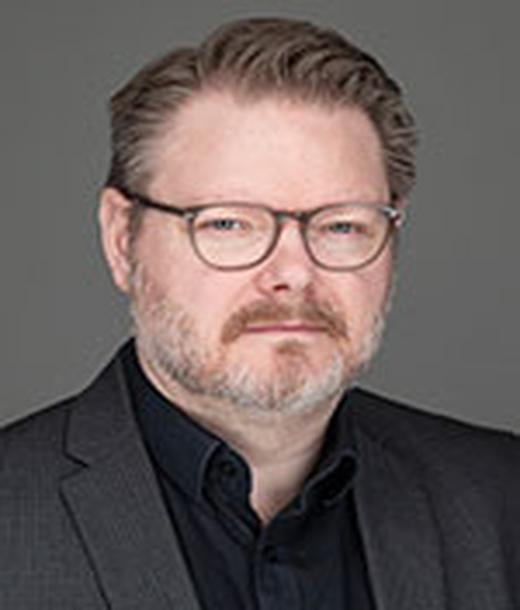 Thordur Oskarsson, PhD
Thordur Oskarsson, PhD
Research in the Oskarsson lab is focused on cancer metastasis. Particularly, we study the molecular crosstalk between metastatic cancer cells and the microenvironment in secondary organs. Our aim is to determine how these interactions promote progression of metastasis and resistance to therapy.
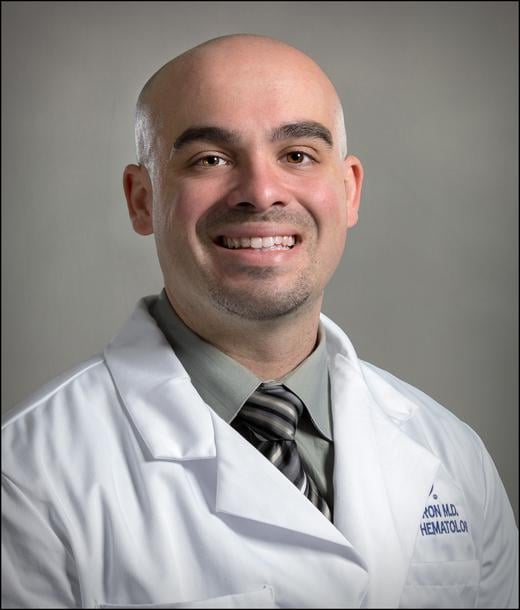 Eric Padron, MD
Eric Padron, MD
Our research interests focus on understanding the molecular and genetic pathway of chronic myelomonocytic leukemia to better design targeted agents for study in the clinic.
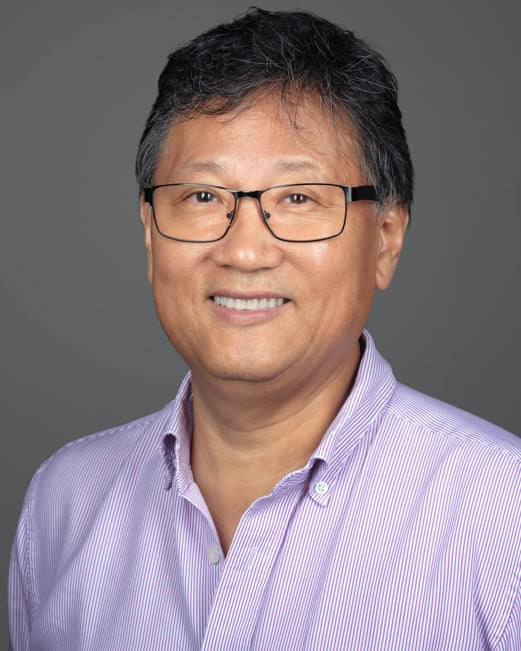 Jong Park, PhD
Jong Park, PhD
Dr. Park and his laboratory team are interested in genetic and epigenetic variations associated with prostate cancer recurrence. In addition, Dr. Park is also interested in health disparities in risk for prostate cancer among African American men.

Shari A. Pilon-Thomas, PhD
A major goal of Dr. Pilon-Thomas’ research is to investigate approaches that overcome melanoma-mediated T cell suppression. Much of the research centers on the anti-melanoma activity of combined lymphopenia and immunotherapy.
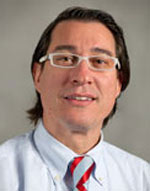 Javier Pinilla-Ibarz, MD, PhD
Javier Pinilla-Ibarz, MD, PhD
My clinical interest is in the area of chronic leukemias, with special interest in chronic myeloid leukemia and chronic lymphoid leukemias. Our laboratory is interested in implementing new immunotherapeutic strategies in the field of malignant hematology. The major focus of the lab has been on developing immunotherapeutic approaches for acute and chronic leukemias as well as MDS.
 Sanjay Premi, PhD
Sanjay Premi, PhD
Dr. Premi's team explores the pathophysiology of the melanin-chemiexcitation pathway in skin cancer development, progression, and drug resistance. One of their immediate goals is to characterize stress-mediated, non-classical regulation of gene expression, protein modifications, and resistance against targeted therapy in melanoma.
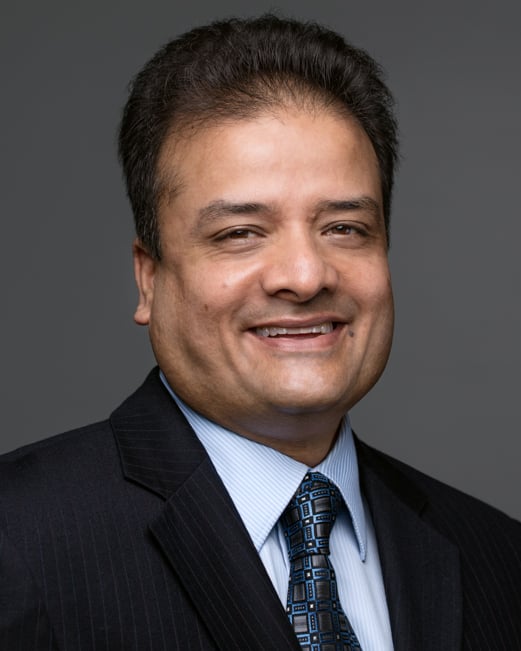 Natarajan Raghunand, PhD
Natarajan Raghunand, PhD
Quantitative image analytics and machine learning on radiologic and digital pathology images.
 Uwe Rix, PhD
Uwe Rix, PhD
I am interested in targeted drugs, drug-protein interaction networks and drug synergy, particularly in the context of lung cancer, melanoma and their microenvironments. I am pursuing a multi-layered chemical biology/systems pharmacology strategy by screening for unexpected drug activity and identifying the molecular mechanisms of action through e.g. combining chemical proteomics and phosphoproteomics.
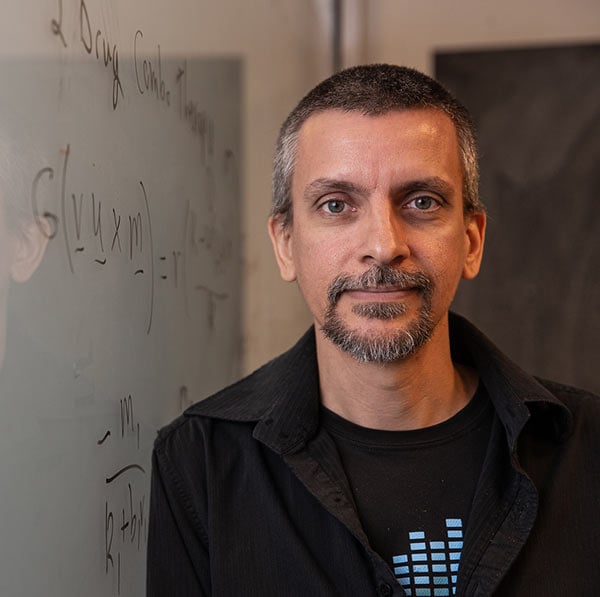 Mark Robertson-Tessi, PhD
Mark Robertson-Tessi, PhD
The Robertson-Tessi lab focuses on the integration of mathematical modeling with both experimental and clinical data to deepen our understanding of the dynamic mechanisms at work in cancer. A primary goal of these efforts is to develop decision support tools that leverage longitudinal data to guide personalized therapy.
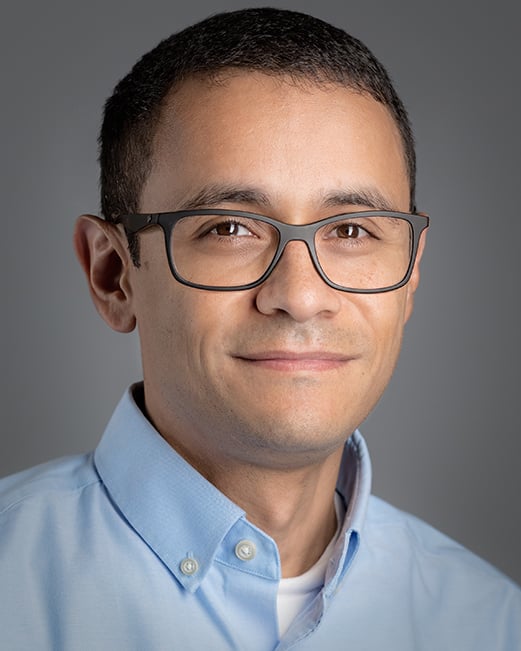 Paulo Rodriguez, PhD
Paulo Rodriguez, PhD
The long-term goal of Dr. Rodriguez’s research is to develop innovative strategies that restore protective immunity in cancer, leading to long-lasting anti-tumor effector responses, through targeting primary mechanisms regulating immunosuppressive pathological myelopoiesis and signals driving T cell dysfunction in tumors.
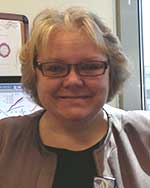 Kasia Rejniak, PhD
Kasia Rejniak, PhD
My lab's research is focused on understanding how the heterogeneous and dynamically changing tumor microenvironment can be harnessed to design more effective treatment protocols. In close collaboration with experimentalists and clinicians, we develop mathematical models of in silico organoids and micro-pharmacology based on tumor-specific histology and quantitative image analyses to predict tumor response to combined (chemo-, immuno- and targeted) therapies and to optimize their schedules.
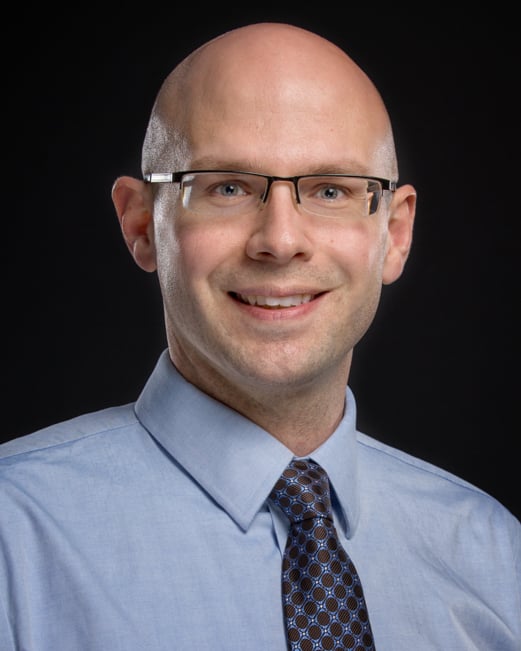 Brian Ruffell, PhD
Brian Ruffell, PhD
The Ruffell Lab is interested in the mechanisms by which dendritic cells and macrophages regulate response to cytotoxic, targeted, and immune therapies, with the goal of identifying novel therapeutic targets that can promote anti-tumor immunity. The lab is particularly focused on hormone-driven malignancies that have proven highly resistant to immune modulation.
 Gary W. Reuther, PhD
Gary W. Reuther, PhD
The Reuther Lab utilizes molecular, cellular, and genetic approaches to identify novel therapies that could improve the lives of patients with myeloproliferative neoplasms.
 W. Gregory Sawyer, PhD
W. Gregory Sawyer, PhD
Dr. Sawyer’s research is focused on cancer engineering, which follows a transdisciplinary approach that links the physical sciences, engineering, mathematics and simulation, with pharmacology, oncology, gene therapy and biomedicine, all with a focus on cancer. Just as the treatment of cancer in the hospital setting involves a multidisciplinary team of oncologists, radiologists, pathologists, and surgeons, the research of cancer in the laboratory setting must adopt a modern convergent approach. The Cancer Engineering Laboratory designs and builds 3D printers to fabricate microtissues, instruments for in situ studies in immuno-oncology, devices for high-throughput drug screening, and infrastructure for in vitro culture, maturation, and drug studies with patient-derived microtumors.
 Ernst Schonbrunn, PhD
Ernst Schonbrunn, PhD
Research from the Schönbrunn laboratory focuses on the elucidation of the structure-activity relationship of medicinally important proteins. We use protein crystallography combined with methods in biochemistry, molecular biology and medicinal chemistry to explore proteins at the atomic level. Our aim is to identify "weak sites" in those proteins that can be targeted by new inhibitors with potential as future drugs.
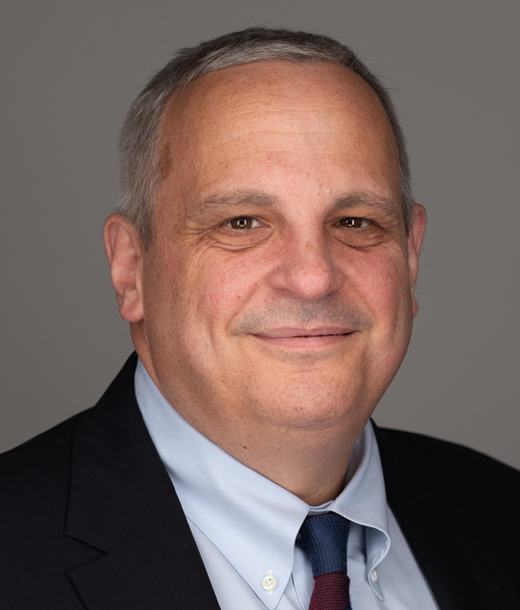 Brahm Segal, MD
Brahm Segal, MD
The focus of Dr. Segal’s lab is on how neutrophil and complement interactions shape the tumor microenvironment. The premise is that these innate immune responses in the non-cancer setting support wound healing following injury by dampening T cell immunity, but in the tumor microenvironment, these same responses act as barriers to durable anti-tumor immunity. Our goal is to use our laboratory research as a foundation for clinical trials to evaluate novel approaches to overcome barriers to durable anti-tumor immunity.
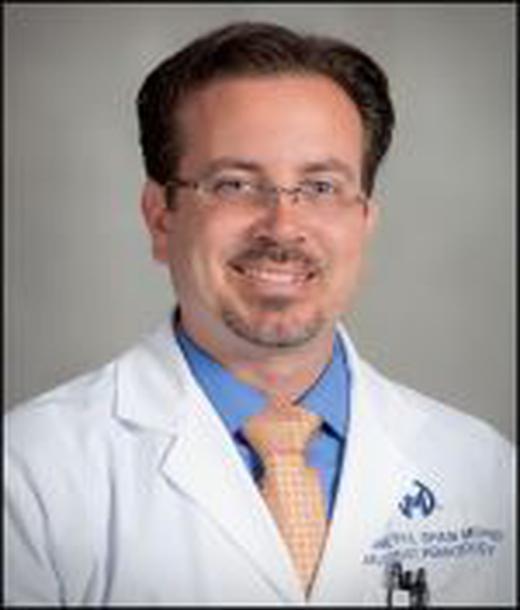 Kenneth H. Shain, MD, PhD
Kenneth H. Shain, MD, PhD
Dr. Shain’s translational research has focused on the mechanisms by which components of the bone marrow microenvironment influence myeloma biology, survival, and drug response.
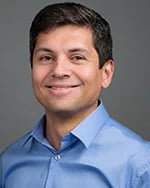 Ariosto S. Silva, PhD
Ariosto S. Silva, PhD
During my research career, I have focused on how to improve the survival of cancer patients through optimization of therapy. Through a long-term collaboration with the Moffitt Myeloma Working Group (MMWG), I have developed a combination of ex vivo chemosensitivity assay and computational model of therapy response, capable of extrapolating six days of experimental data into months of clinical response using fresh bone marrow samples from standard-of-care biopsies. As such, we have created patient/drug-specific mathematical models that, when parameterized by drug-specific pharmacokinetics and dosing schedule, yield predictions of clinical response. In addition, we have developed a systems biology pipeline to integrate these findings with multi-omics molecular data to infer mechanisms driving disease progression and the emergence of drug resistance.
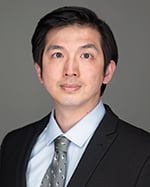 Timothy Shaw, PhD
Timothy Shaw, PhD
Dr. Shaw's research focuses on systems immuno-oncology, particularly in developing computational tools to study immune interactions and associated regulatory networks. My program consists of the following three projects: 1) Building an integrative regulatory network of cancer-to-immune interactions and immune suppression. 2) Identifying targetable regulators from genetic screening. 3) Using a proteo-genomics approach to identify cancer-specific isoforms for immunotherapy. My program will build a comprehensive resource of the immune regulators and cancer, leveraging multi-omics information, with a particular interest in alternative splicing, gene activity estimation, surfaceome proteomics, and protein-protein interactions. Such an integrative approach presents opportunities to identify druggable targets that enhance immunotherapy response or novel targets for immunotherapy.
 Inna Smalley, PhD - Recruitment and Engagement Director
Inna Smalley, PhD - Recruitment and Engagement Director
Our lab studies the roles of tumor heterogeneity and the microenvironment in metastasis and drug resistance. We have a big interest in melanoma biology and central nervous system metastases from melanoma, lymphoma, and breast cancer.
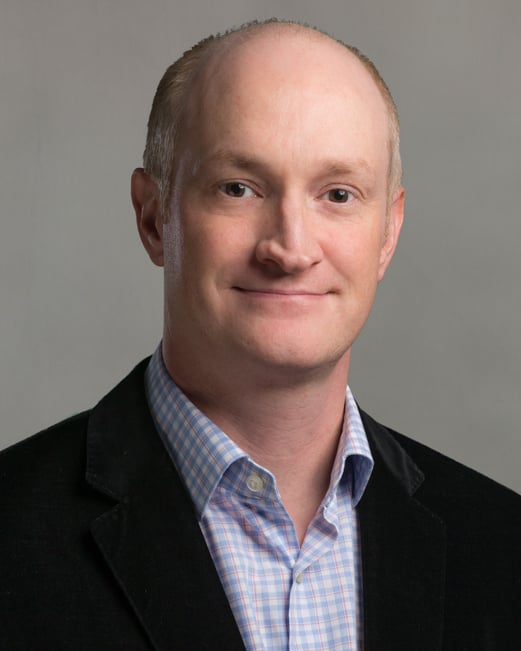 Keiran S. Smalley, PhD
Keiran S. Smalley, PhD
The focus of the Smalley lab is on melanoma, the deadliest form of skin cancer. We use advanced proteomics, single cell RNA-seq and mouse models to develop novel melanoma therapies which we then translate into the clinic. Current projects in the lab are focused upon immunotherapy/targeted therapy sequencing, melanoma brain metastases, acral melanoma and uveal melanoma.

Jamie Teer, PhD
Dr. Teer's research interests are focused on developing methods to analyze, interpret and visualize massively-parallel sequencing information in cancer genetics. This includes developing and applying computational methods and graphical tools to better detect genetic variations from sequencing data, understand the functional context of sequence changes, and visualize the results of large-scale genomics studies.
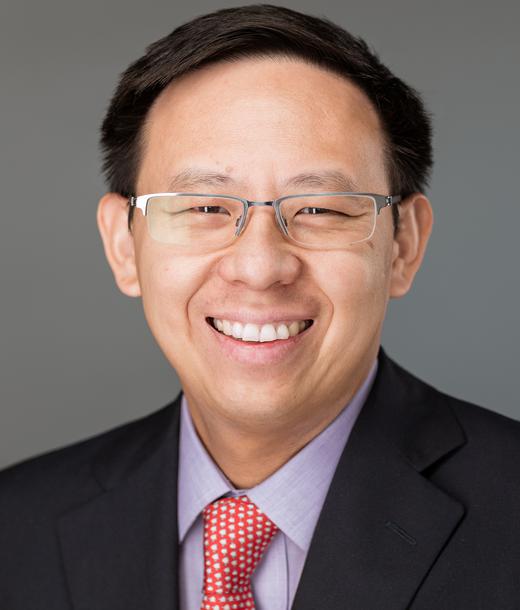 Kenneth Y. Tsai, MD, PhD
Kenneth Y. Tsai, MD, PhD
The Tsai Lab has the collective goals of identifying, testing, and validating novel targets for the targeted chemoprevention and treatment of skin cancer.
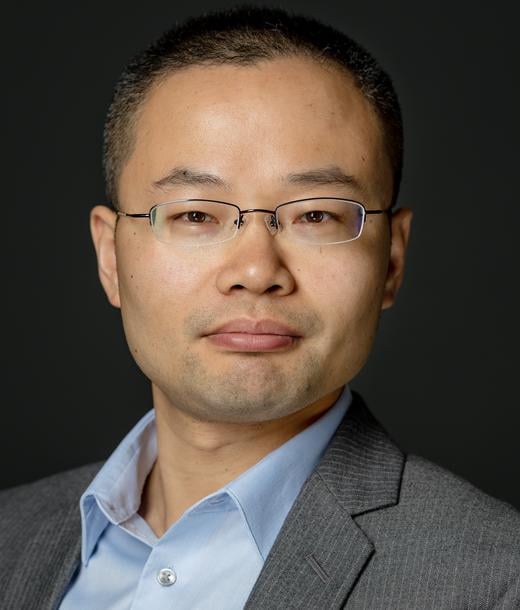 Lixin Wan, PhD
Lixin Wan, PhD
The Wan Lab is dedicated to understanding how cancer cells hijack protein post-translational modification machinery to rewire the central signaling pathways for proliferation advantage and drug resistance.
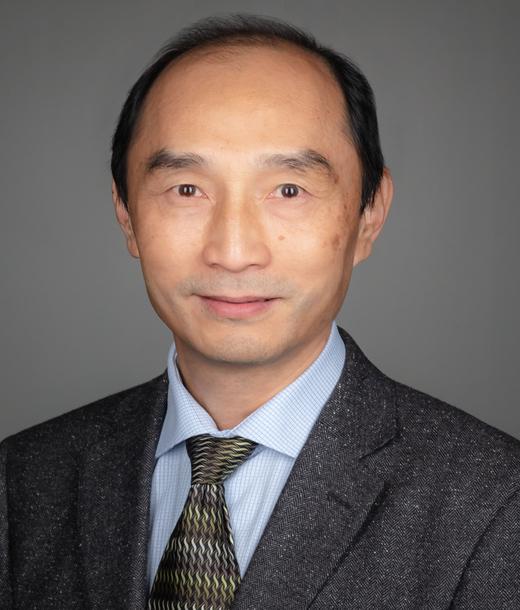 Liang Wang, PhD
Liang Wang, PhD
My personal interest has been to apply genetics and genomics approach to identifying new biomarkers that may serve as novel diagnostic or prognostic tools of cancer status, that may be used as disease surrogates to track the efficacy of novel treatment strategies or that may provide new targets for the treatment of human cancers. Specifically, my laboratory is focusing on two major projects: Blood-based Genomic Biomarkers for Cancer Diagnosis and Prognosis (Liquid Biopsy) and Germline Genetic Variants Responsible for Aggressive Prostate Cancer.
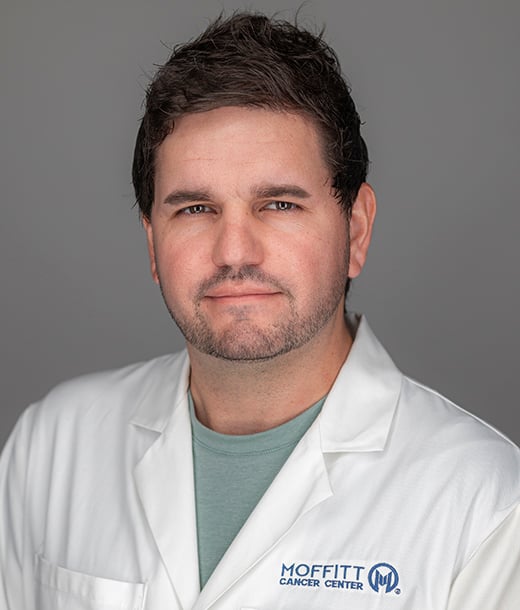 Nathan Ward, PhD
Nathan Ward, PhD
The Ward Lab focuses on characterizing the influence of systemic metabolism and the tumor microenvironment on mitochondrial redox biology in primary and metastatic lung tumors. We achieve this through the implementation of mass-spec-based omics platforms, redox biosensors, and super-resolution microscopy.
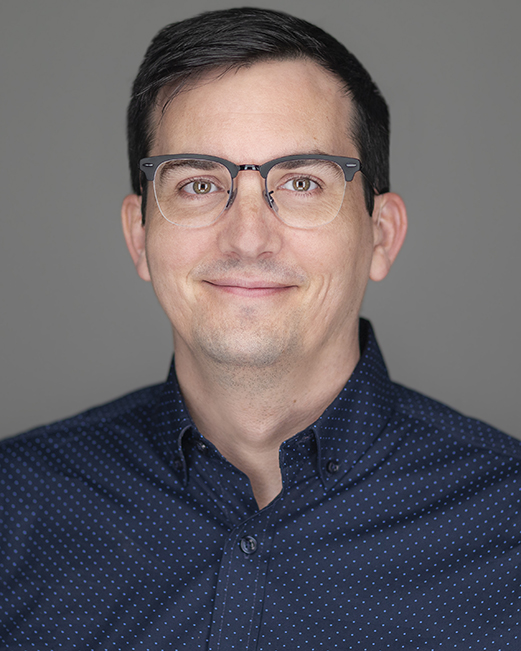 Jeffrey West, PhD
Jeffrey West, PhD
The goal of my research group is to aid in targeting treatment resistance by constructing mathematical models of 1) tumor evolution and heterogeneity and 2) evolutionary-minded treatment strategies, employing techniques such as agent-based modeling, dose-response convexity analysis (second-order effects), and evolutionary game theory. These methods are broadly applicable to many cancer types, but recent publications have focused on applications to breast and prostate cancer.
 Kenneth L. Wright, PhD - Program Director
Kenneth L. Wright, PhD - Program Director
Dr. Wright’s laboratory is focused on two transcription factors, CIITA and PRDI-BF1. CIITA is a transcriptional activator and master regulator of the MHC Class II family of antigen presentation genes. PRDI-BF1 is a transcriptional repressor that silences CIITA and promotes terminal differentiation of immune cells.
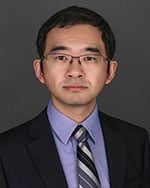 Yu Zhu, PhD
Yu Zhu, PhD
Our research is positioned at the interface of cancer immunology and vascular biology, with a central focus on how the vascular endothelium regulates cancer immune responses. Active areas of investigation include: (1) defining the mechanisms by which endothelial cells sculpt the tumor microenvironment to control immune cell trafficking, (2) determining how cancer cells drive endothelial cell subset specialization to suppress lymphocyte recruitment, and (3) elucidating how endothelial cells in the draining lymph nodes regulate lymphocyte activation. Our ultimate goal is to uncover actionable mechanisms and develop effective vessel-targeting therapeutics to boost anti-tumor immunity.
For more information, contact the Program Coordinator at CancerPhD@moffitt.org.
Office of Graduate Affairs
- Artificial Intelligence and Machine Learning in Cancer Research PhD
- Cancer Biology PhD
- Cancer Chemical Biology PhD
- Cancer Immunology and Immunotherapy PhD
- Integrated Mathematical Oncology PhD
- Medical Physics PhD
- MD/PhD Program
- Faculty Members
- Graduate Level Oncology Warriors
- Medical Student Training to Enhance Oncology Research
